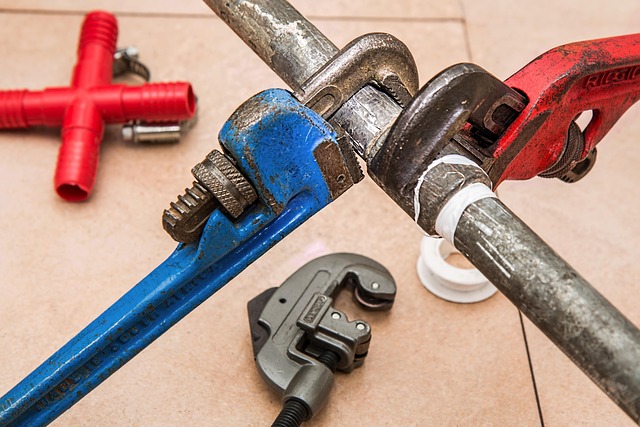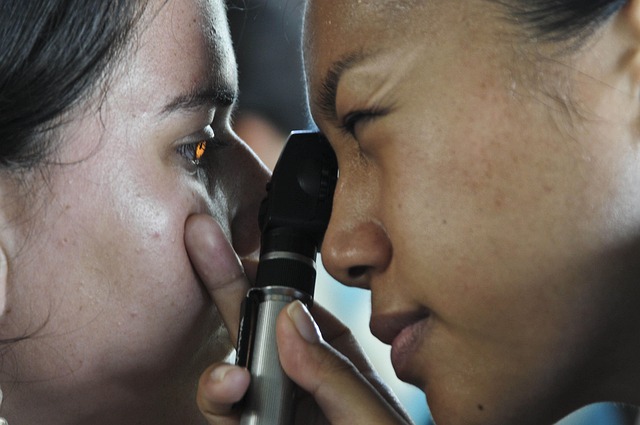When to Call Pros: Drain and Pipe Cleaning Guide
Maintaining clean drains and pipes is essential for every homeowner, yet many people overlook this critical aspect of home maintenance until problems arise. From strange odors emanating from bathroom sinks to water backing up in kitchen drains, these issues can quickly escalate from minor inconveniences to costly repairs. Understanding when your drainage system needs attention, what causes blockages, and how to address them effectively can save you both time and money while protecting your home's plumbing infrastructure.

Warning Signs Your Home May Need Drain Cleaning
Several telltale indicators suggest your drains require professional attention. Slow-draining water is often the first sign homeowners notice, particularly in bathroom sinks, showers, and kitchen drains. When water takes longer than usual to disappear down the drain, it typically indicates a partial blockage that will worsen over time.
Unpleasant odors coming from drains signal bacterial buildup or decomposing organic matter trapped in your pipes. These smells often intensify during warmer months when bacteria multiply more rapidly. Gurgling sounds from drains or toilets indicate air trapped in your plumbing system, usually caused by blockages preventing proper water flow.
Frequent backups in multiple drains throughout your home suggest main sewer line issues rather than isolated clogs. Water appearing in unexpected places, such as your basement floor drain when running the washing machine, indicates serious drainage problems requiring immediate professional intervention.
Common Causes of Slow or Clogged Household Drains
Understanding what causes drain blockages helps homeowners prevent future issues. In kitchen drains, grease and food particles are primary culprits. Even small amounts of cooking oil can solidify in pipes, creating sticky surfaces that trap other debris over time.
Bathroom drains commonly clog due to hair, soap scum, and personal care products. Long hair combines with soap residue to form dense mats that gradually restrict water flow. Toothpaste, shaving cream, and other hygiene products contribute additional buildup.
Tree roots present a significant threat to main sewer lines, particularly in older homes with clay or cast iron pipes. Roots naturally seek moisture and nutrients, infiltrating small cracks and eventually causing major blockages. Mineral deposits from hard water gradually accumulate in pipes, reducing their diameter and increasing clog likelihood.
Foreign objects accidentally dropped down drains, especially in homes with children, can create immediate blockages. Toys, jewelry, and excessive toilet paper commonly cause these problems.
DIY Fixes vs Professional Pipe Cleaning Services
Simple drain issues often respond well to DIY solutions. Plungers effectively clear many toilet and sink blockages when used properly. For kitchen sinks, removing visible debris and flushing with hot water can resolve minor grease buildups.
Baking soda and vinegar combinations create natural cleaning reactions that help break down organic matter. Pour one cup of baking soda followed by one cup of white vinegar down the affected drain, wait thirty minutes, then flush with hot water.
However, professional pipe cleaning services become necessary for persistent or recurring problems. Plumbers use specialized equipment including drain snakes, hydro-jetting systems, and video inspection cameras to diagnose and resolve complex issues. Chemical drain cleaners, while readily available, can damage pipes and harm the environment, making professional solutions preferable for serious blockages.
Professional services also address underlying problems that DIY methods cannot reach, such as main sewer line blockages or structural pipe damage requiring repair or replacement.
How Often U.S. Homes Need Drain Maintenance
Regular maintenance schedules vary based on household size, home age, and usage patterns. Most plumbing professionals recommend annual drain cleaning for average households, though homes with large families or older plumbing systems may benefit from more frequent service.
Kitchen drains typically require attention every six to twelve months due to grease and food particle accumulation. Bathroom drains may need cleaning annually, depending on hair length and personal care product usage among household members.
Main sewer lines should be inspected every two to three years in homes over twenty years old, particularly those with mature landscaping that may have root infiltration issues. Homes in areas with hard water may require more frequent attention due to accelerated mineral buildup.
Preventive maintenance costs significantly less than emergency repairs, making regular scheduling financially advantageous for most homeowners.
Benefits of Timely Plumbing Inspections
Professional plumbing inspections identify potential problems before they become emergencies. Video camera inspections reveal pipe condition, locate blockages, and detect structural issues invisible from surface level. Early detection of tree root infiltration, pipe corrosion, or joint separation prevents costly emergency repairs.
Regular inspections also improve overall system efficiency. Clean pipes allow proper water flow, reducing strain on plumbing fixtures and extending their lifespan. This efficiency translates to lower water bills and reduced environmental impact.
Professional inspections often uncover code violations or outdated materials that could affect home insurance coverage or resale value. Addressing these issues proactively protects your investment and ensures compliance with local regulations.
| Service Type | Average Cost Range | Typical Duration |
|---|---|---|
| Basic Drain Cleaning | $100 - $250 | 1-2 hours |
| Hydro-Jetting Service | $300 - $600 | 2-4 hours |
| Video Pipe Inspection | $200 - $400 | 1-3 hours |
| Main Sewer Line Cleaning | $350 - $800 | 3-6 hours |
Prices, rates, or cost estimates mentioned in this article are based on the latest available information but may change over time. Independent research is advised before making financial decisions.
Understanding your home’s drainage system and recognizing when professional intervention is necessary protects both your property and your budget. While simple maintenance tasks can be handled independently, complex issues require professional expertise and specialized equipment. Regular maintenance and timely professional service ensure your plumbing system operates efficiently for years to come, preventing the inconvenience and expense of emergency repairs.




